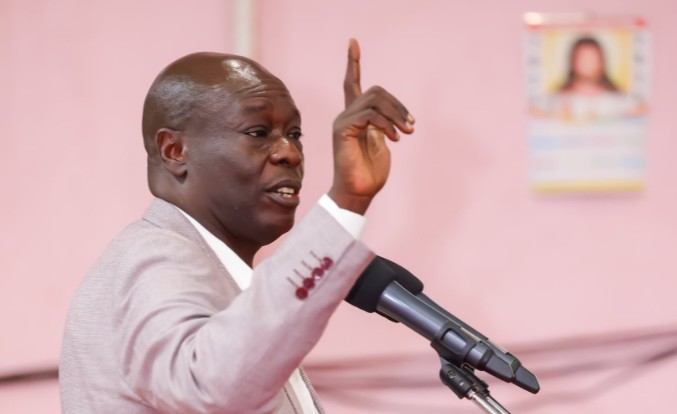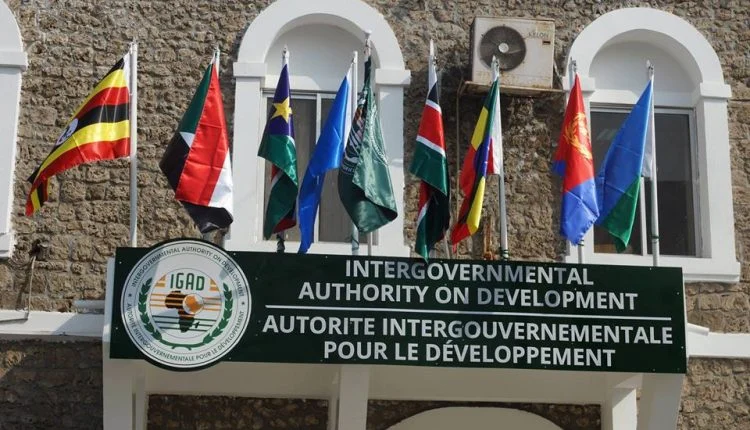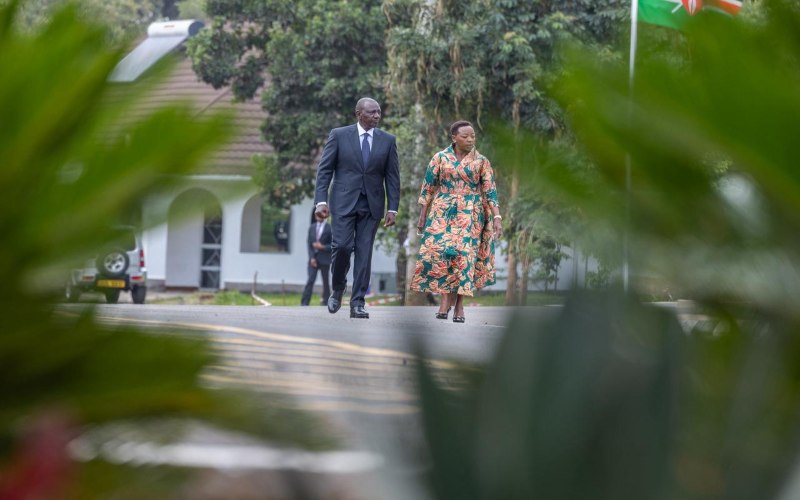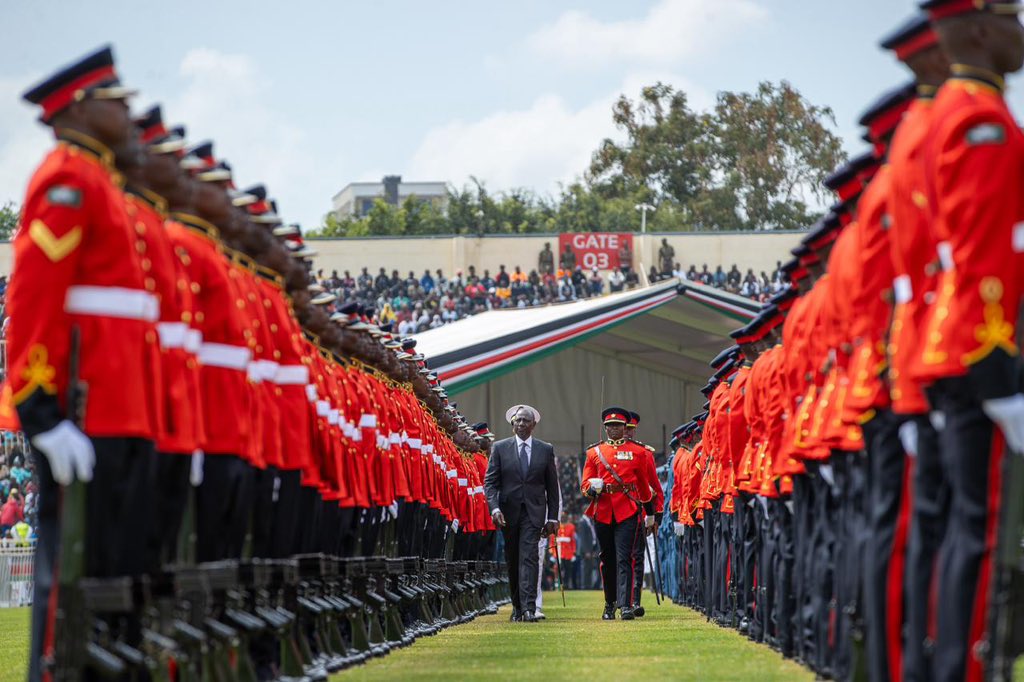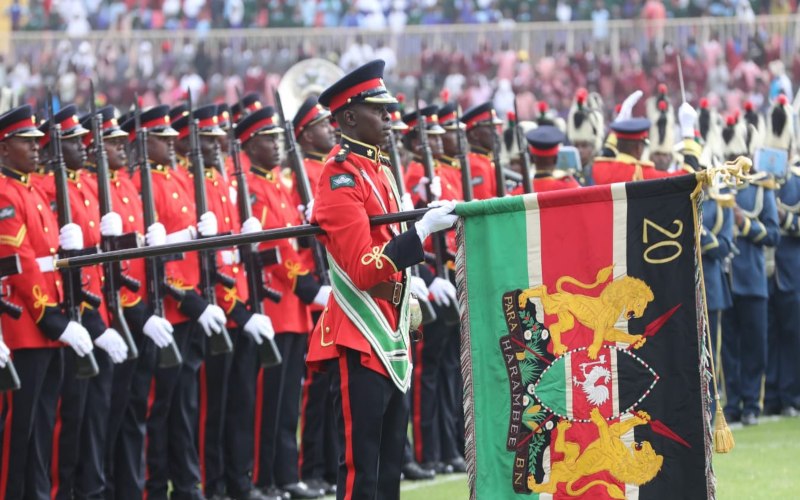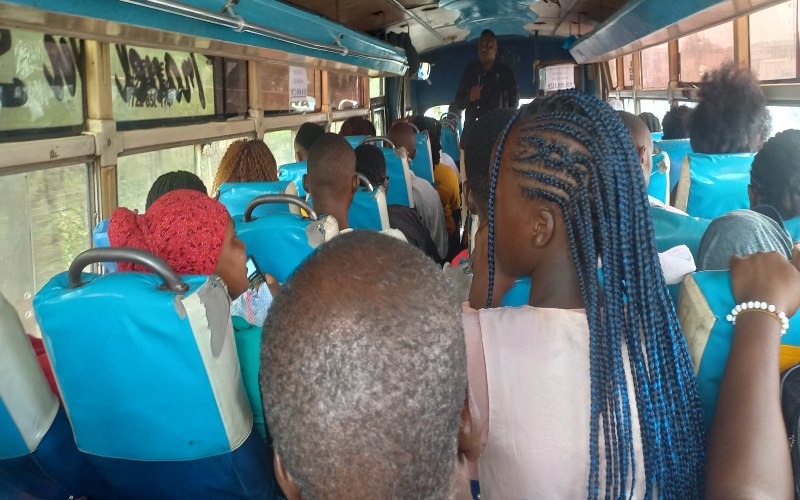Court awards Sh5 million to Kenyan trafficked to Myanmar for online fraud

The Employment and Labour Relations Court sitting in Nairobi on Thursday awarded Sh5 million to a Kenyan man who was trafficked to Myanmar to defraud individuals in the United States through online scams.
Haron Nyakango, one of many Kenyan returnees from Myanmar, filed the petition in June this year, seeking a permanent injunction to prevent Gratify Solutions International Ltd, Virginia Wacheke Muriithi, Boniface Owino, and Ann Njeri Kihara, the officials alleged to have orchestrated and facilitated his trafficking, and their agents from recruiting, transporting, harbouring, exploiting, facilitating, or engaging in the deployment of Kenyan workers to any foreign jurisdiction.
More To Read
- Coastal counties face surge in online job scams, officials warn
- IOM launches global campaign to support human trafficking survivors
- Interpol flags online advertisements offering costly crossings into Europe
- Kenya’s criminal gangs trace back to independence era, NCIC says
- Kenya warns of “sophisticated menace” over citizens trafficked to Southeast Asia
- Report links corrupt officials to rising criminal networks in Kenya
He also sought damages for the period during which he was subjected to practices akin to slavery, servitude, forced labour, exploitation, inhuman and degrading treatment, limitation of his freedom of movement, and human trafficking.
The petitioner told the court that he had deferred his studies at Kisii University in November 2024 to travel for work in Bangkok, Thailand, to facilitate the payment of his tuition fees once he resumed school.
During his search for employment, he contacted the aforementioned traffickers, who facilitated and processed his foreign job placement with a promise of a customer care role in Bangkok, at a monthly salary of Sh180,000.
To secure his placement, he was required to pay an upfront fee of Sh200,000, which he paid in instalments directly to the trafficker’s M-Pesa number.
At around 5 pm on December 15, last year, he and seven others departed from Jomo Kenyatta International Airport (JKIA) for Bangkok.
Upon arrival, a Thai driver awaited them at the airport, confirmed their identities against photos on his phone, took their pictures, and sent them to his contacts. The driver then confiscated their passports, placed them in a compartment at the front of the vehicle, and transported them to a hotel for the night.
Early the following morning, they were picked up by Chinese men and taken across a river in Mae Sot, near the border with Myanmar. Upon arrival, they were ushered onto a small boat and had their luggage confiscated.
Contrary to his expectations, the petitioner was smuggled into a rebel-controlled scam compound in Myanmar, which was heavily guarded and monitored with CCTV cameras and uniformed security personnel.
They were housed in a dormitory resembling a high school dormitory, which became their designated sleeping area. Their passports, phones, and passwords were confiscated. They were then forced to work in online fraud, creating fake profiles to scam people in the United States, particularly in real estate.
The court heard that he was held against his will, and when he requested to return to Kenya, the managers of the scam demanded $4,500 to facilitate his release, claiming that they “owned” him. Unable to pay, he was trapped in servitude and forced labour for criminal purposes.
Further, he was subjected to severe physical abuse as well as relentless mental and psychological torment, including intimidation, threats, and constant fear for his life.
On April 4, this year, he was rescued by the military and repatriated to Kenya.
His lawyers told the court that the recruiting agency operated unlawfully and that he was never provided with a written contract of employment before travelling to Bangkok. They added that he was still undergoing counselling to facilitate full recovery and rehabilitation from the criminal ideas and skills he was exposed to during his enslavement in Myanmar.
Judge Byram Ongaya considered the violations arising from the recruitment and transportation of the petitioner and found that a sum of Sh5,000,000 would vindicate him and serve as a sufficient deterrent.
In issuing the award, the court took into account the petitioner’s suffering, lost opportunity to work, the deterrent effect of the award, the extent of the psychological harm suffered, and the respondents’ joint and several capacity to pay.
The judge observed that the petitioner had demonstrated the psychological trauma he endured and the ongoing rehabilitation process.
“While there was no break in the chain of causation of the subsequent violations in the foreign jurisdictions, the court has considered that the respondents, while strictly liable, were not directly involved in those violations,” he ruled, but noted that the respondents, as traffickers, should not escape liability.
The petitioner’s advocate, Lillian Nyangasi, said the judgment represents a groundbreaking legal milestone, being the first known decision in Kenya arising from a case filed on behalf of a victim trafficked to Myanmar for labour exploitation and forced criminality.
“The matter breaks new ground by formally recognising the complex nature of contemporary trafficking networks, particularly those operating across East Africa and Southeast Asia. This judgment therefore sets an important precedent for holding recruitment agencies, traffickers, and complicit individuals accountable within Kenya’s legal framework, while affirming that Kenyan courts can provide effective remedies for citizens harmed by transnational criminal enterprises,” she said.
She added that the judgment further provides a template for future litigation on behalf of other Kenyan survivors trafficked to Myanmar, Laos, Cambodia, and neighbouring countries, many of whom have endured similar patterns of deception, confinement, forced labour, and coercion into criminal activities.
Top Stories Today
